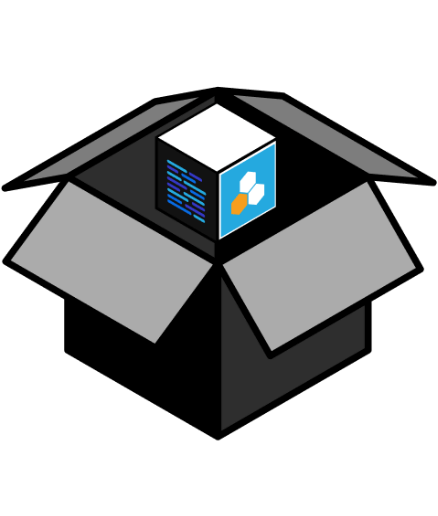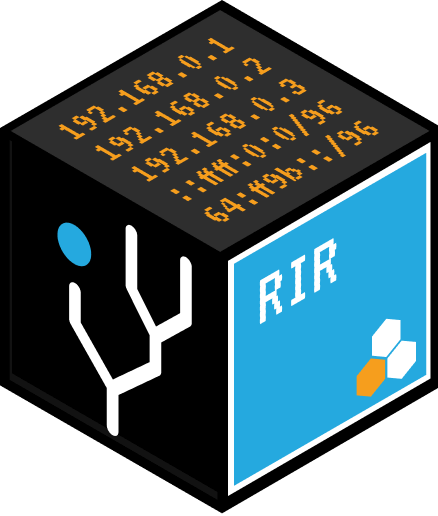6connect’s CEO, Aaron Hughes, worked amongst IPv6 leaders for the past several months on creating the IGF 2015 Best Practices Forum on IPv6, a ~70 page document that was prepared for the International Governance Forum held in November in Brazil. In addition to spending several months preparing this important industry document, Hughes was a speaker in two panel sessions. This is part 2 of a 6 part series with critical information pulled from the Best Practices Forum. Part 1, Why Adopt IPv6?, can be found here and part 2, Hurdles to IPv6 Adoption, can be found here.
The “IPv6 Task Force” – in and of itself – is best practice for creating an enabling environment for IPv6 adoption. The local Task Force is also normally the best place for different stakeholders to come together to discuss and develop best practices to share with the community.
Generally speaking, IPv6 Task Forces work to promote IPv6 deployment in their country or region by raising awareness, providing advice, conducting outreach, and making recommendations to government on national IPv6 policy. Task Forces are usually comprised of people from industry, government, network operator groups (NOGs), national research and education networks (NRENs), universities, and Internet organizations such as the Regional Internet Registries (RIRs) or Internet Society (ISOC) chapters. People participate within Task Forces as volunteers or as part of their employment.
There is no fixed formula for an IPv6 Task Force, but they all have the same goal: to bring people and knowledge resources together in order to advance the support for and adoption of IPv6 in the local or regional ICT sector.
In this section, we take a look at IPv6 Task Forces, their different models, activities, and the common challenges they face.
IPv6 Task Forces come in different shapes and sizes. They vary in terms of geographic scope and organizational type. For the most part, IPv6 Task Forces are multistakeholder in nature, meaning that the membership is composed of different stakeholders, including network operators, academia, government officials, and the private sector, among others. In terms of the geographic scope, many countries have a national IPv6 Task Force and, in the case of some larger countries, regional or state-specific Task Forces (e.g. the Rocky Mountain or Texas IPv6 Task Forces in the United States).
National IPv6 Task Forces often collaborate on a regional basis. A pioneer effort in this regard was the EU IPv6 Task Force, other examples are the Asia Pacific IPv6 Task Force, the LAC IPv6 Task Force in the Latin American and Caribbean region, or the North American IPv6 Task Force. Regional meetings enable participants to exchange information with members of other Task Forces who, while from different countries, may operate in similar cultural, economic, and regulatory environments. Thus, participants are able to identify and solve for common challenges. For instance, network operators who are active in multiple or neighboring countries can discuss how to deploy IPv6 on cross-border network infrastructure.
In addition to the venues and efforts described above, the Luxembourg-based IPv6 Forum, was established in 1999 as an open, global consortium of vendors, industry experts, and network and service providers. The IPv6 Forum acts as an umbrella organization, working with people in different countries to establish local IPv6 task forces. The Swiss IPv6 Council, for example, is a chapter of the IPv6 Forum that “provides a platform to support IPv6 deployment in Switzerland.”
Irrespective of geography, there is an overarching type of engagement and collaboration that occurs between individual Task Force members who participate in regional and international meetings, for example, Network Operator Groups (NOGs), NANOG, RIR community meetings, and the Internet Engineering Task Force. These individuals play important roles in connecting local efforts to global and regional discussions.
Lastly, various industry consortiums have established projects or dedicated time to IPv6 in their normal activities. For example the Industrial Internet Consortium, which is “currently working on IPv6 issues with many hardware manufacturers,” or “the Consumer Electronics Association which is doing a key effort in IPv6.”
Some IPv6 Task Forces are organized on a formal basis, while others are less formal. In any event, Task Forces are, “by their very nature…volunteer/industry-led, hence not-for-profit. It’s already hard enough to put the message out there, it would be pretty hard to make a profit doing it. That said, there are several for-profit courses for IPv6 implementation.”
Some Task Forces have been established and continue to be supported by their government, as is the case in Indonesia, for example. The Spanish IPv6 Task Force, the first national task force established, is also supported by the government. In the Netherlands, the Ministry of Economic Affairs established the Dutch Task Force in 2005.
As mentioned above, Task Forces are composed of various stakeholders in the ICT sector, including network operators, government officials, academics, and software and hardware vendors. In some instances, global vendors support the participation of local staff in IPv6 Task Forces, which is useful because this enables more effective communication and collaboration with large vendors that are headquartered overseas.
Task Forces are typically initiated by people who have a technical focus (engineers, operators, developers, and Chief Technology Officers (CTOs)). There is much to be said for broadening this technical group to include participants with roles that are non-technical in nature, for example, the Chief Financial Officer (CFO) of an organization planning to deploy IPv6.
Broadening the group will also allow task forces to leverage a wider range of skills and networks. According to our CEO, Aaron Hughes,
“[For most organizations], migrating to IPv6 or enabling “dual stack technology” is going to cost a great deal of money, including many hidden costs … Therefore, having a CFO with the skills appropriate for managing budget and financial planning should be present, early on.”
In terms of challenges, many Task Force organizers cited funding and coordination as challenges to maintaining an IPv6 Task Force. In one contributor’s experience, “financing is very hard, [and] sponsorship has dropped substantially since 2010. People appreciate initiative, but nobody wants to contribute financially.” Starting an IPv6 Task Force can be challenging as well. Speaking from experience, one contributor advised that, in order to get an IPv6 Task Force off of the ground, one needs “to find some core work people, even in a small number” who are willing to dedicate their time to the exercise. “[I]f they are good enough,” he explained, “[i]t can kick off.”
Some survey participants also cited the lack of key stakeholder participation as a challenge for their Task Force in promoting national IPv6 deployment. For example, one contributor said: “In our country, the dominance of the [two] big ISPs, and their lack of interest and promotion of IPv6 is what [has delayed IPv6] deployment.” Another contributor added: “Looking at ISPs that have deployed IPv6, there is usually an easily identifiable champion [that has already] driven [deployment] through, without which [the ISP] would also not be ahead of the game.”
Stay tuned for parts four through five of the series.
Questions? Concerns? You can contact us at 6connect to speak directly with an engineer. If you are looking to automate and scale your provisioning, we’ve got your back.
Email: info@6connect.com or call +1 (650) 646-2206.







